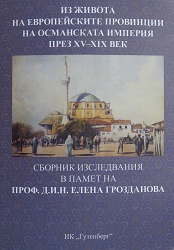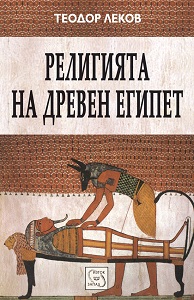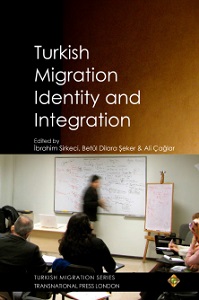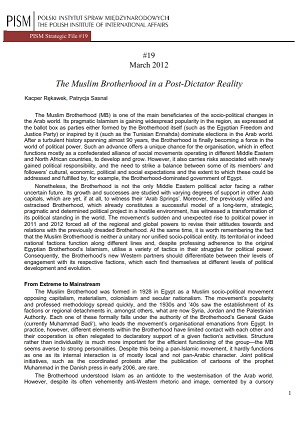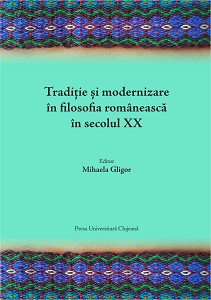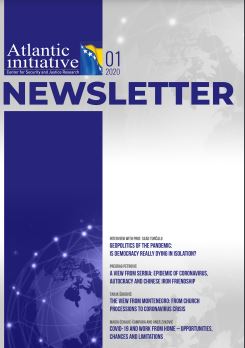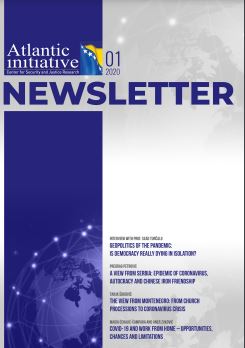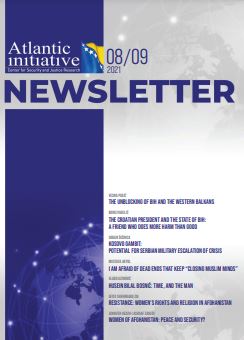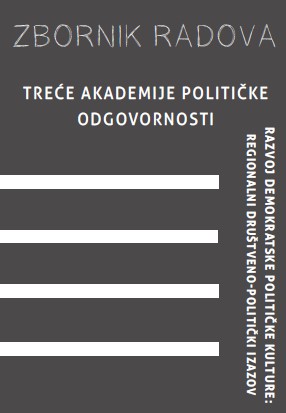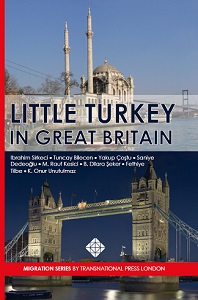
Little Turkey in Great Britain
LITTLE TURKEY IN GREAT BRITAIN co-authored by Ibrahim Sirkeci, Tuncay Bilecen, Yakup Çoştu, Saniye Dedeoğlu, M. Rauf Kesici, B. Dilara Şeker, Fethiye Tilbe, K. Onur Unutulmaz is the outcome of a collaborative writing exercise drawing upon a dozen of research projects carried out by authors independently and collaboratively from 2011 to 2015. This book is expected to be the authoritative resource for anybody interested in the contemporary Turkish and Kurdish speaking immigrant community in the UK. Rich material covers official statistics as well as a wealth of narratives built upon hundreds of face-to-face interviews carried out in London and elsewhere in Britain. From the back cover: "Turkish migration to British Isles has a long history but sizeable diaspora communities and enclaves of Turkish origin have emerged only in the last four to five decades. Earlier groups arrived were Cypriots fleeing the troubled island in the Eastern Mediterranean whilst Turks and Kurds of the mainland were not even considering the UK as a destination. This book is about these contemporary movers from Turkey, their movement trajectories, practices, and integration in Britain. Eight researchers from different disciplinary backgrounds and methodological schools came together to do the ground work for the students of this emerging subfield of human mobility studies. Turkey is now at the forefront of accommodating large scale inward mobility mostly due to the crisis in Syria and Iraq. This also brings some attention to Turkey’s own diasporic populations." CONTENT Introduction Chapter 1. The Numbers about Turks, Kurds and Turkish Cypriots Chapter 2. Identity and integration Chapter 3. Political participation in London Chapter 4. Ankara Agreement and the new wave of movers Annex. Full Text of The Ankara Agreement Chapter 5. Work and social relations in London Chapter 6. Women’s labour in the Turkish ethnic economy in London Chapter 7. Remittances to Turkey Chapter 8. Turkish religious communities Chapter 9. Diasporic identities and ethnic football in London Conclusion
More...
